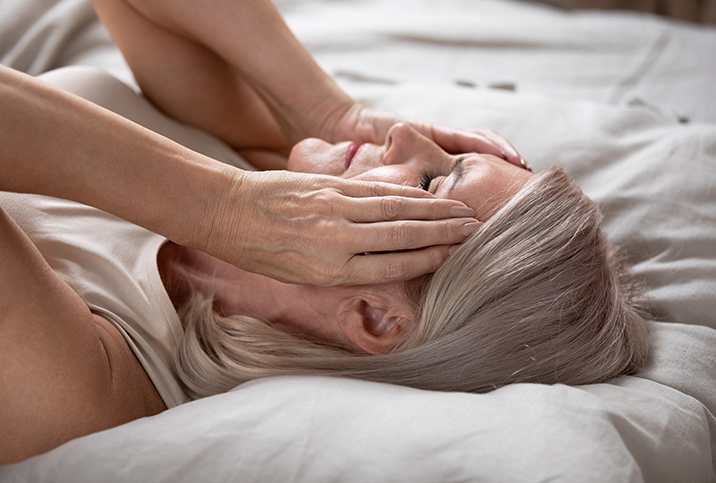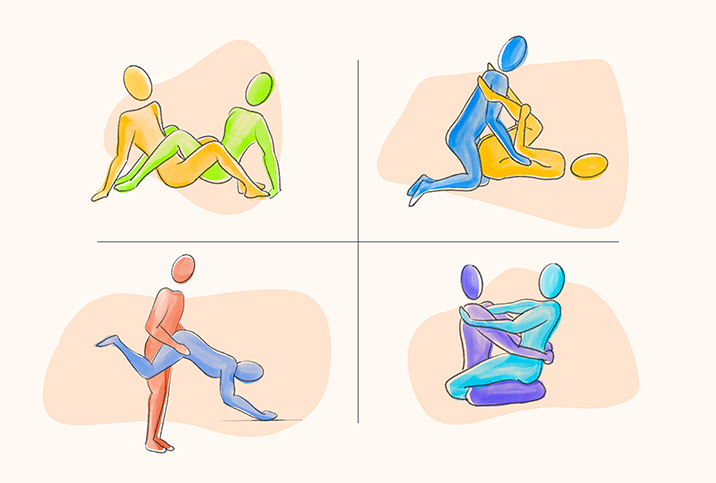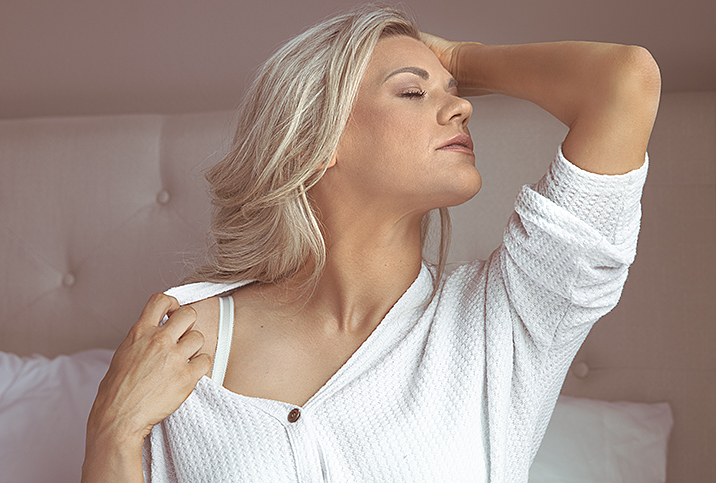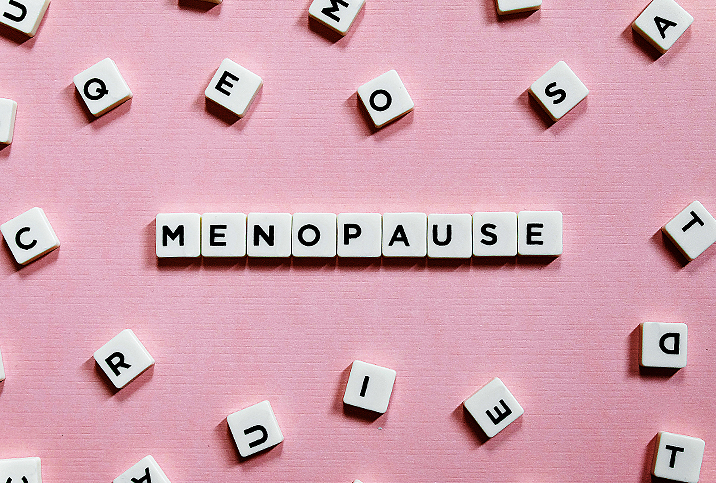Menopause is a natural process faced by about half the world's population. There's a lot of information out there on the symptoms of menopause and the treatments for those symptoms, but everyone is unique. Your health profile is different from the next person's, so how menopause affects you won't be the same either.
For the most relevant advice for your body and lifestyle, speak with your doctor. Ask them some (and possibly all) of the following questions.
My periods have stopped: Do I need a pregnancy test?
If you are sexually active and haven't had a period for a month or two, a pregnancy test is a good idea. Although the chance of getting pregnant after the age of 45 is low, it is possible. If in doubt, ask your doctor for a pregnancy test (or take an at-home one).
Is this menopause or another condition?
The start of menopause is considered to be 12 months after a person's last period. Many women in their 40s and 50s who stop menstruating assume they are entering menopause, and while that may be true, other conditions can cause periods to stop, temporarily or permanently. Pregnancy is obviously one, and thyroid disorders are another. If you're unsure, ask your doctor to test for other conditions.
Do I need to use birth control after menopause?
Menopause marks the end of a woman's fertility and occurs when you haven't had a period for more than 12 consecutive months. But within those 12 months, there's still a chance of getting pregnant. Check with your doctor to make sure you're using the right type of birth control for this stage in your life.
Do I need Hormone Replacement Therapy (HRT)?
HRT is used to replace some of the hormones lost at menopause. This treatment can relieve many of the symptoms women experience. However, it's not suitable for everyone, particularly women over 60. Check with your doctor before assuming HRT is your best option.
What are the side effects of my treatment options?
Whatever treatments or medications your doctor recommends for the various symptoms of menopause, make sure to ask about the side effects and downsides. A miracle drug for one person might not be for you, and you'll want to be as informed as you can about what to expect.
Are there natural alternatives to recommended medications?
Certain medications can help with menopause, but so can lifestyle changes and some over-the-counter natural supplements. If your doctor suggests a medication, ask whether there's a natural alternative or lifestyle change you could try instead.
What dietary changes should I make?
The answer to this question will depend on the symptoms you are having and whether you're concerned about your weight and physique. Some common symptoms of menopause, such as hot flashes and night sweats, can be alleviated by simple dietary changes. Weight gain is also common after menopause, so you may need to tweak your diet to stay within a healthy weight range.
Am I at risk of heart disease?
The short answer is likely yes. Estrogen protects pre-menopausal women's hearts from heart disease, but the production of this hormone declines during menopause. Plus, aging itself increases the risk of heart attacks and strokes, bringing with it common problems such as weight gain, decreased mobility resulting in less physical activity, high cholesterol and high blood pressure. Not everyone will experience all of these issues post-menopause, but do ask your doctor what you can do to reduce your risk of heart disease and stroke.
How can I improve my sex life?
If the quality of your sex life has taken a nosedive after menopause, physical and hormonal factors may be at fault, including a dry vagina and loss of libido. Your doctor will be able to suggest some relatively simple fixes.
When should I come back for another check-up?
Depending on your risk factors for heart disease and other serious illnesses, your doctor may recommend returning for a check-up sooner than you normally would. Ask before leaving their office.














